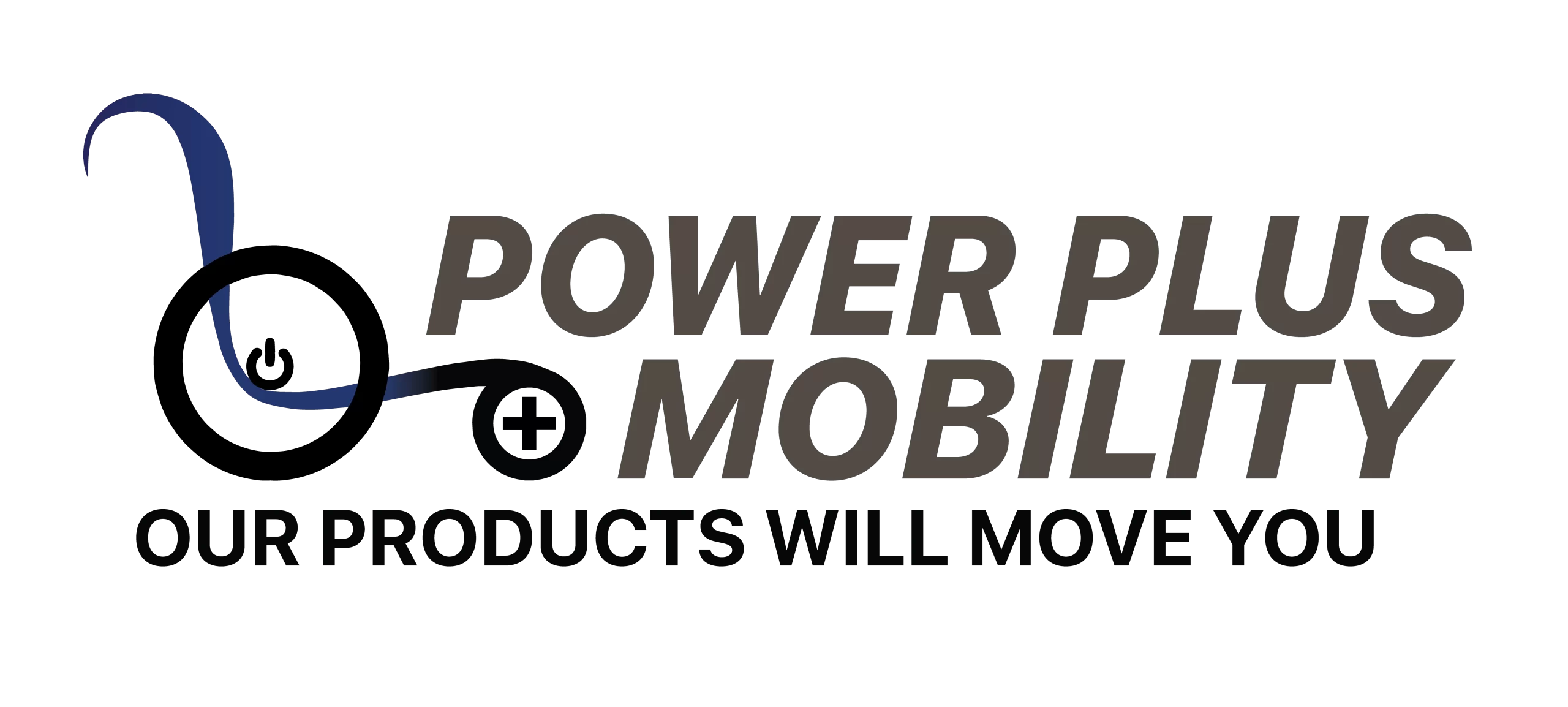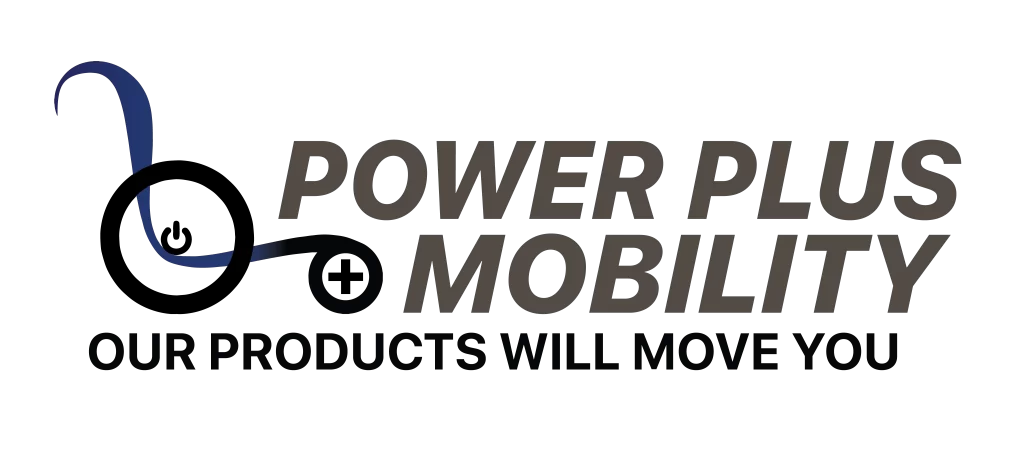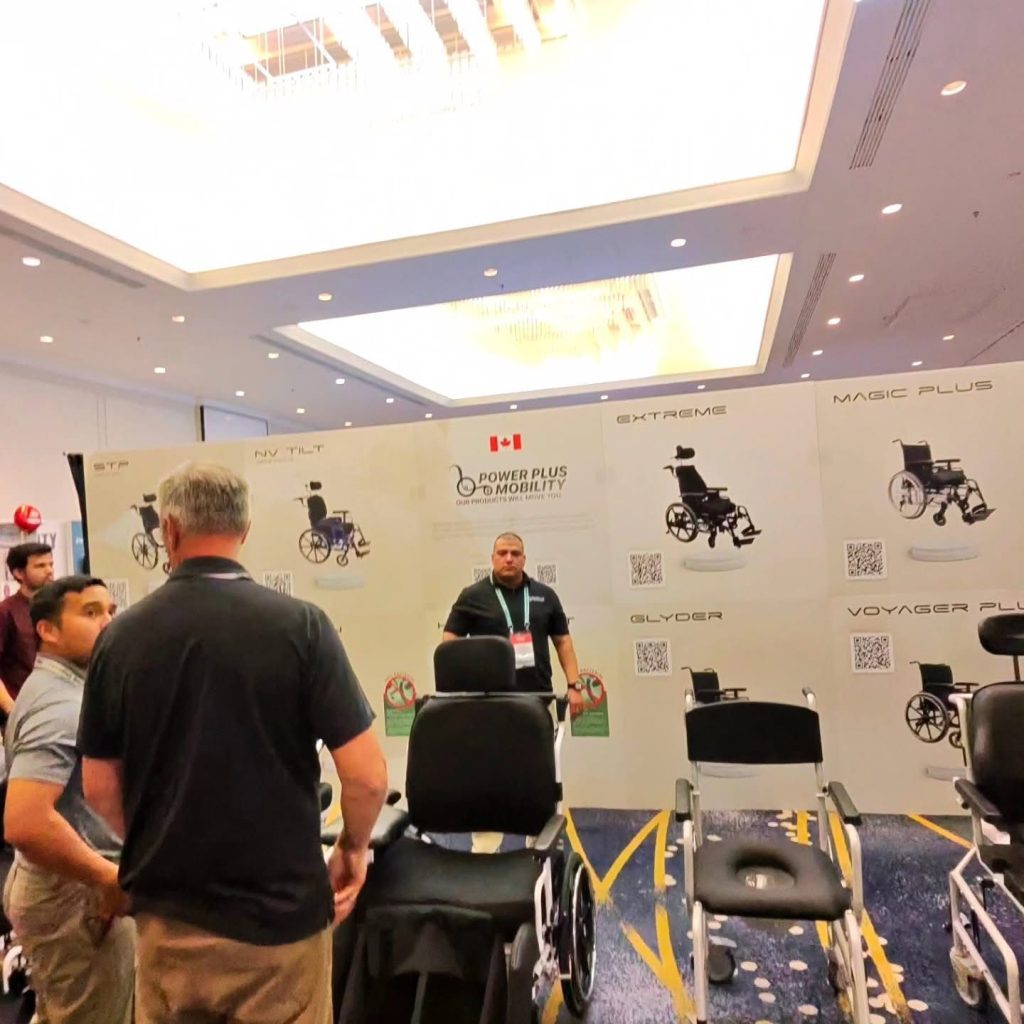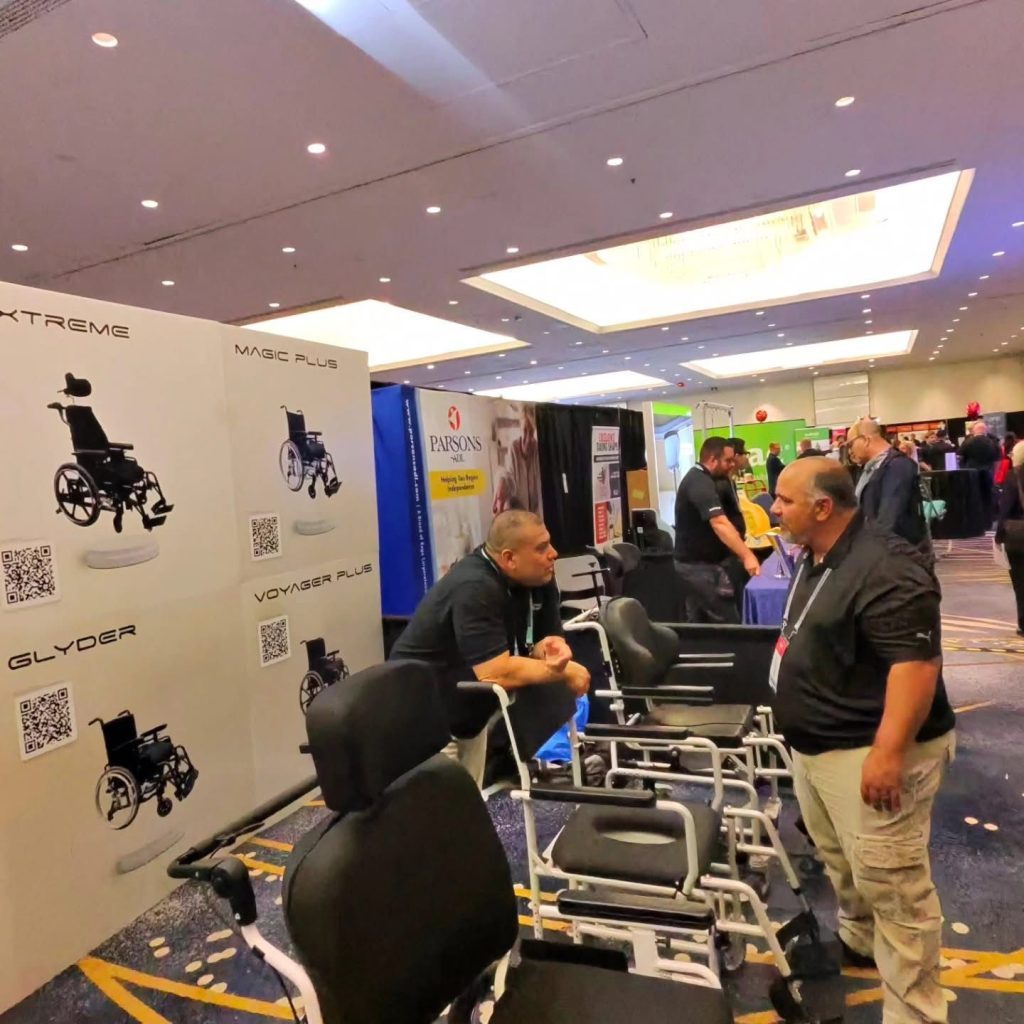
A fulfilling social life forms the foundation of happiness, mental health, and overall quality of life, yet wheelchair users often face unique challenges when building and maintaining friendships, romantic relationships, and community connections. At Power Plus Mobility, our mission to help clients “transcend erstwhile barriers” extends beyond physical mobility to supporting the social participation and meaningful relationships that enrich life beyond measure.
The misconception that wheelchair use limits social opportunities couldn’t be further from reality. While accessibility challenges and social attitudes create genuine barriers, thousands of Canadian wheelchair users enjoy vibrant social lives filled with friendships, romantic partnerships, family connections, and community involvement. Understanding how to navigate these social landscapes while building confidence in your social identity empowers you to create the rich, connected life you deserve.
Essential tips for enhancing mobility and independence extend naturally into social contexts where independence and confidence enable fuller social participation and more authentic relationship building.
Navigating Social Attitudes and Building Confidence
Social interactions as a wheelchair user inevitably involve navigating other people’s attitudes, misconceptions, and sometimes awkward behaviors. Developing strategies for handling these situations while maintaining confidence in your social value transforms potentially uncomfortable encounters into opportunities for education and authentic connection.
Common social challenges include people who speak to companions rather than directly to wheelchair users, those who make assumptions about capabilities or interests, and individuals who display either excessive pity or inappropriate inspiration. Understanding that these behaviors typically stem from inexperience rather than malice helps you respond constructively while establishing boundaries that demand respectful interaction.
Confidence projection through body language, eye contact, and assertive communication signals to others how you expect to be treated while demonstrating the social competence that puts people at ease. Many people genuinely want to interact appropriately but lack experience with wheelchair users, making your confident, friendly approach the key that unlocks comfortable social exchanges.
Humor often defuses awkwardness while humanizing disability experiences in ways that build bridges rather than walls. Self-deprecating humor about mobility challenges, when used strategically, can relax social situations while demonstrating that you don’t take yourself too seriously despite facing real challenges.
Disability identity acceptance significantly impacts social confidence and relationship quality. Embracing your wheelchair as one aspect of your identity rather than viewing it as something shameful or unfortunate enables authentic self-presentation that attracts genuine relationships based on who you truly are rather than pretense or denial.
Building and Maintaining Friendships
Friendships provide emotional support, shared experiences, and the sense of belonging that makes life meaningful. While wheelchair use may change friendship dynamics in some ways, it need not limit your capacity for deep, lasting friendships that enrich both your life and those of your friends.
Accessibility considerations inevitably affect friendship activities, requiring open communication about what accommodations enable your participation. Friends who care about you will appreciate knowing what makes activities accessible rather than guessing or avoiding invitations for fear of creating awkward situations.
Suggesting accessible alternatives when friends propose inaccessible activities demonstrates proactive problem-solving while keeping you included in social planning. Rather than declining invitations because of barriers, counter-proposing accessible alternatives maintains social connections while educating friends about accessibility considerations.
Reciprocation in friendships becomes particularly important, as wheelchair users may sometimes require assistance or accommodation from friends. Balancing these needs with your own contributions to friendships – whether through emotional support, shared interests, or practical help you can offer – maintains the equality that characterizes healthy friendships.
Making new friends as a wheelchair user may require initiative in seeking communities, activities, or interest groups where you can meet like-minded people. Online communities, disability advocacy groups, adaptive sports programs, and general interest organizations all provide opportunities for meeting potential friends who share your values and interests.
Choosing the right wheelchair for social activities may involve considerations like noise level in restaurants, maneuverability in crowded venues, or appearance that reflects your personal style and social identity.
Dating and Romantic Relationships
Romantic relationships represent one area where wheelchair users face both genuine challenges and pervasive myths that can undermine confidence and create unnecessary anxiety. Understanding both the realities and the possibilities helps you navigate the dating world with realistic expectations and authentic self-presentation.
Online dating provides opportunities to address disability disclosure strategically, allowing you to present your full personality before disability becomes the focus. Whether to include wheelchair photos in dating profiles represents a personal choice with valid arguments for both approaches, though many wheelchair users find that addressing their disability directly attracts more compatible matches.
First date planning that considers accessibility while focusing on genuine connection rather than disability sets a positive tone for potential relationships. Suggesting accessible venues demonstrates proactive planning without making accessibility the date’s central theme.
Disability disclosure timing in romantic relationships involves balancing honesty with allowing relationships to develop based on personality and compatibility before disability dominates the narrative. While hiding your wheelchair use isn’t feasible or desirable, ensuring potential partners see your whole person before focusing on mobility limitations creates space for genuine attraction to develop.
Intimacy and physical relationships work differently with wheelchairs but remain fulfilling and satisfying when approached with creativity, communication, and willingness to adapt. Many wheelchair users enjoy full, satisfying intimate lives that demonstrate how connection and creativity matter far more than specific physical capabilities.
Relationship equality requires that both partners contribute to the relationship in meaningful ways while accommodating each other’s needs and circumstances. Wheelchair use may create care needs, but shouldn’t define relationship dynamics or prevent you from being an equal partner who gives as much as you receive.
Family Relationships and Dynamics
Family relationships after becoming a wheelchair user or entering families as a wheelchair user create complex dynamics that require ongoing communication, boundary-setting, and mutual respect. Family members often struggle between wanting to help and inadvertently undermining independence, creating tensions that require thoughtful navigation.
Setting boundaries around independence helps family members understand when assistance is wanted versus when it becomes intrusive or disempowering. Many wheelchair users report that family members require gentle but firm reminders about respecting autonomy and allowing independent decision-making even when that means accepting some risks or inefficiencies.
Educating family about wheelchair capabilities and accessibility needs prevents well-meaning but misguided decisions about activities, gatherings, or living arrangements that unnecessarily limit participation. Family members who understand what you can do and what accommodations you need become better advocates and more supportive relatives.
Family gatherings that consider accessibility in planning ensure inclusion without making disability the event’s central focus. When families proactively address accessibility in venue selection, seating arrangements, and activity planning, wheelchair users can participate fully as family members rather than special accommodation cases.
Parenting as a wheelchair user creates unique challenges and opportunities, demonstrating to children that disability doesn’t preclude nurturing, guidance, and full participation in family life. Many wheelchair users successfully parent through adaptations, assistive technology, and community support that enables them to fulfill parental responsibilities.
Community Involvement and Social Participation
Community participation through volunteering, religious communities, hobby groups, or civic organizations provides social connection while contributing to causes and communities you care about. Wheelchair users bring valuable perspectives and capabilities to community organizations that benefit from diverse participation.
Accessibility in community spaces remains inconsistent across Canada, requiring research and sometimes advocacy to ensure your ability to participate in community activities. Organizations committed to inclusion often welcome feedback about accessibility improvements while appreciating members who help them better serve diverse communities.
Leadership opportunities in disability advocacy, accessibility committees, or general community organizations allow wheelchair users to contribute expertise while demonstrating leadership capabilities that counter stereotypes about disability limiting professional or civic contribution.
Social media and online communities provide valuable connection opportunities particularly for wheelchair users in rural areas, those with limited local accessible options, or people seeking peer support from others with similar experiences. Online friendships often evolve into real-world connections while providing immediate social interaction when physical accessibility limits in-person socialization.
Proper wheelchair maintenance ensures reliable equipment during social activities where breakdowns would be particularly embarrassing or isolating, making equipment reliability a social participation enabler.
Entertainment and Cultural Activities
Entertainment venues including theaters, concerts, sporting events, and cultural attractions increasingly provide accessibility accommodations though quality varies significantly across venues and Canadian cities. Understanding how to identify accessible entertainment options while advocating for improvements expands cultural participation opportunities.
Accessible seating in entertainment venues often requires advance planning, specific ticket selection, and sometimes assertive advocacy to ensure appropriate accommodation rather than segregated, inferior viewing locations. Many venues now provide companion seating that allows wheelchair users to sit with friends rather than isolated in designated wheelchair sections.
Restaurant accessibility affects both date planning and social dining with friends or family. Identifying wheelchair-friendly restaurants through accessibility apps, disability community recommendations, or advance scouting prevents disappointing social occasions ruined by accessibility failures.
Travel and vacation accessibility enables social participation in destination events, family gatherings, or vacation experiences that build memories and connections. Navigating air travel with a wheelchair opens opportunities for visiting distant friends and family while experiencing new places and cultures.
Mental Health and Emotional Wellbeing in Social Contexts
Social isolation represents a significant mental health risk for wheelchair users, making active effort to maintain social connections a mental health priority rather than optional social nicety. Depression, anxiety, and loneliness disproportionately affect people with disabilities, partly due to social participation barriers that require proactive management.
Support groups and peer communities provide spaces where wheelchair users can discuss challenges, share strategies, and build relationships with people who understand disability experiences firsthand. These communities offer validation and practical support that even the most supportive able-bodied friends may not fully provide.
Professional mental health support helps process the emotional challenges of navigating social worlds that weren’t designed for wheelchair users while building resilience and confidence for continued social participation despite barriers.
Understanding when to upgrade your wheelchair sometimes involves recognizing when your current equipment limits social participation, whether through reliability issues, noise concerns in quiet venues, or appearance that doesn’t reflect how you want to present yourself socially.
Technology Enabling Social Connection
Video calling, social media, and online gaming create social opportunities that transcend physical accessibility barriers while enabling connection across geographic distances. These technologies particularly benefit wheelchair users during Canadian winters when outdoor mobility becomes challenging.
Accessibility features in smartphones and computers enable communication and social media participation for wheelchair users with various physical limitations, ensuring that digital social spaces remain accessible regardless of individual capabilities.
Event planning apps and accessibility mapping tools help identify social opportunities while ensuring that chosen venues accommodate wheelchair access, reducing the anxiety and disappointment of arriving at inaccessible locations.
Conclusion: Your Social Life, Your Way
Social participation and meaningful relationships represent fundamental human needs that wheelchair use need not compromise. While accessibility barriers and social attitudes create real challenges, thousands of Canadian wheelchair users demonstrate daily that vibrant social lives, loving relationships, and community connections remain entirely achievable.
At Power Plus Mobility, we understand that wheelchairs enable not just physical mobility but social participation and community connection that make life worth living. Our commitment to quality ensures that equipment reliability supports rather than limits your social activities and relationship building.
Your wheelchair should enable the social life you envision rather than restricting it. With confidence, creativity, and quality equipment, the relationships and community connections you seek await your engagement.
Ready to enhance your social mobility with a wheelchair built for reliability during the activities that matter most? Contact Power Plus Mobility to discuss how our Canadian-made wheelchairs support the active social life you deserve.
To visit our social media, please click on Facebook and Instagram
